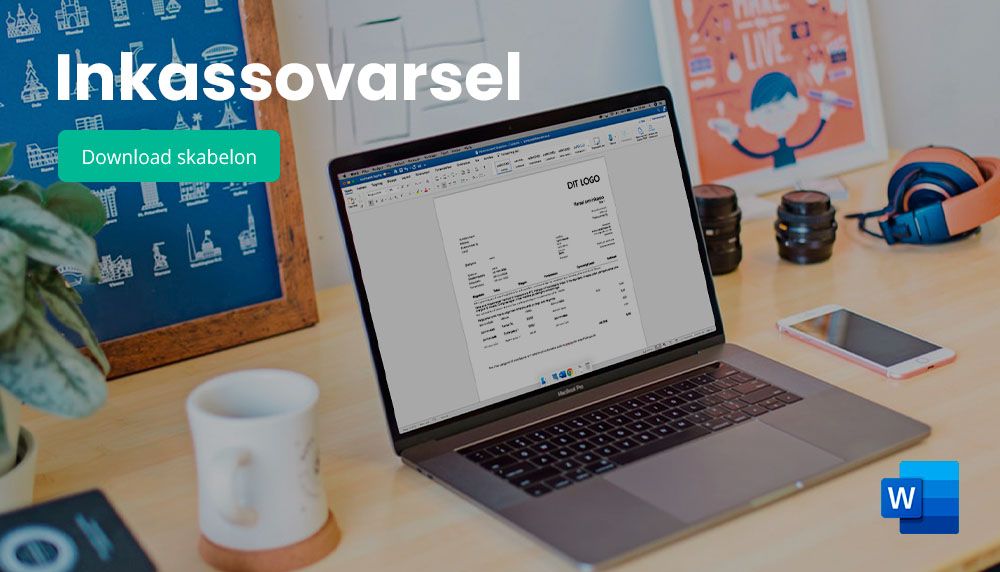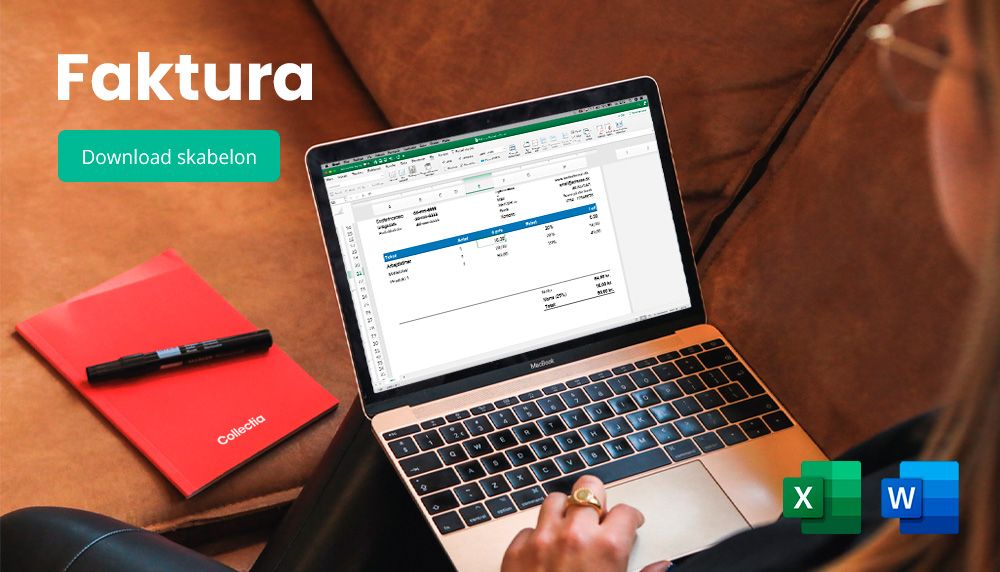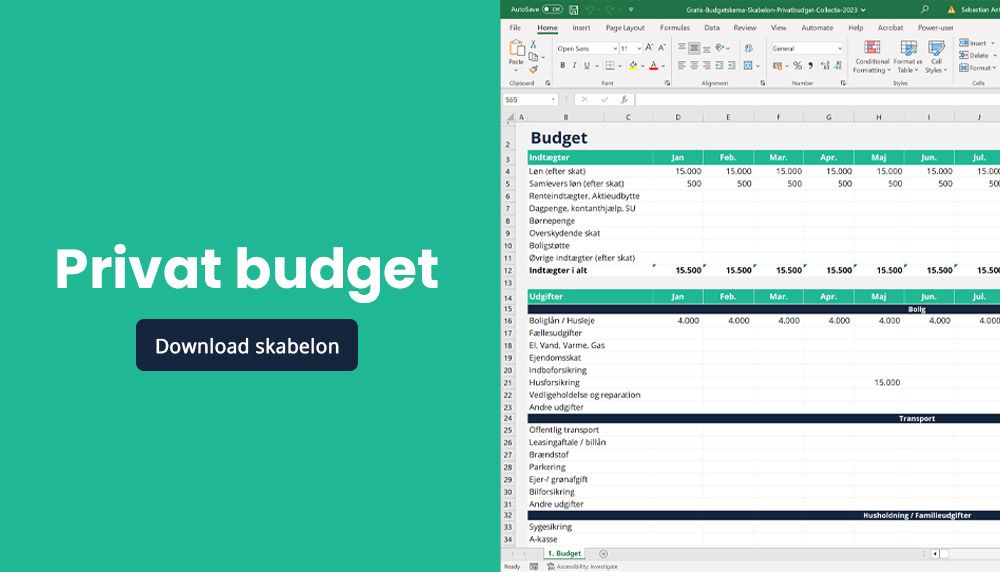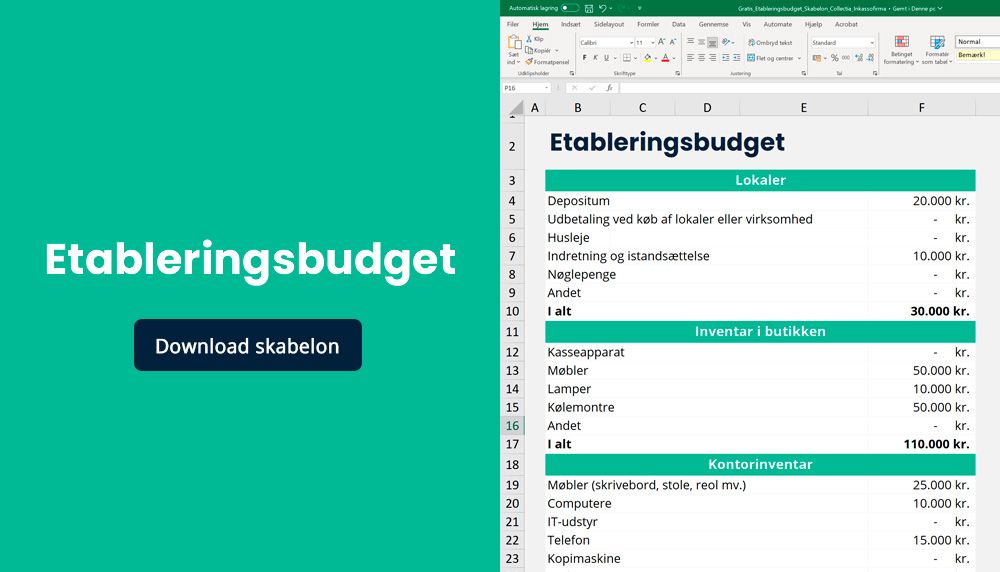
bankruptcy
The subject of bankruptcy is a complex one, and in this dictionary we have chosen to deal with it only in general terms.
Bankruptcy is the ultimate consequence if you as a debtor do not pay the money you owe to a creditor and the creditor chooses to declare you or your business bankrupt.
There are basically two types of bankruptcy: corporate bankruptcy and personal bankruptcy.
Bankruptcy of companies
If a company does not pay its invoices, for example from its suppliers, it can be declared bankrupt, for example as part of a debt collection process. Bankruptcy can help to ensure that no creditor is favored and that all assets are distributed equally among all.
The bankruptcy court will initiate bankruptcy proceedings against a company if the company is insolvent - i.e. unable to fulfill its obligations to its creditors.
Both the company's creditors and the company itself can file for bankruptcy.
If a non-payment on an invoice, for example, is not due to inability but unwillingness, the case will be handled as an enforcement action, debt collection or as a civil lawsuit.
Reconstruction of companies
If it is considered that there may be a chance of the company getting back on its feet, a reconstruction may be initiated.
The purpose of reconstruction is to try to put the company's financial situation back on a sound footing. If this fails, the next step is often bankruptcy.
Personal bankruptcy
If a person fails to pay their creditor, the creditor will have the option to file for bankruptcy under the right circumstances. Typically, this will have been preceded by a lengthy debt collection process involving a lawyer and/or a debt collection agency.
Bankruptcy proceedings take place if a debtor is insolvent and thus (like companies) unable to fulfill its obligations, and one or more creditors have filed for bankruptcy.
Individuals can also file for bankruptcy themselves.
If there are reasons other than insolvency, such as unwillingness to pay an invoice or other debt, the case must be handled as a debt collection case through a debt collection company, a lawyer or through the enforcement court.
During a bankruptcy, all assets a person owns will be sold and the proceeds of the sale will be distributed to individual creditors.
It is a common misconception that you are debt-free after bankruptcy - you are not. But you can, with the help of the bailiff court, apply for debt relief.
Statistics for bankruptcy
Every year, around 2,500 companies go bankrupt and in 2022, unfortunately, more than 2,800 companies went bankrupt - this corresponds to around 1.5% of all active companies.
The reasons for bankruptcy can be many, but it is mostly due to poor financial management, lack of financing and major losses on debtors.
Spot bankruptcy riders
Through our credit rating platform, you can perform credit rating of companies, which includes a bankruptcy analysis that reveals indirect and direct bankruptcy relationships. You can also look up CVR-related persons.
Sound interesting? Then don't hold back. We offer a free 14-day trial period for you to try out the platform.











